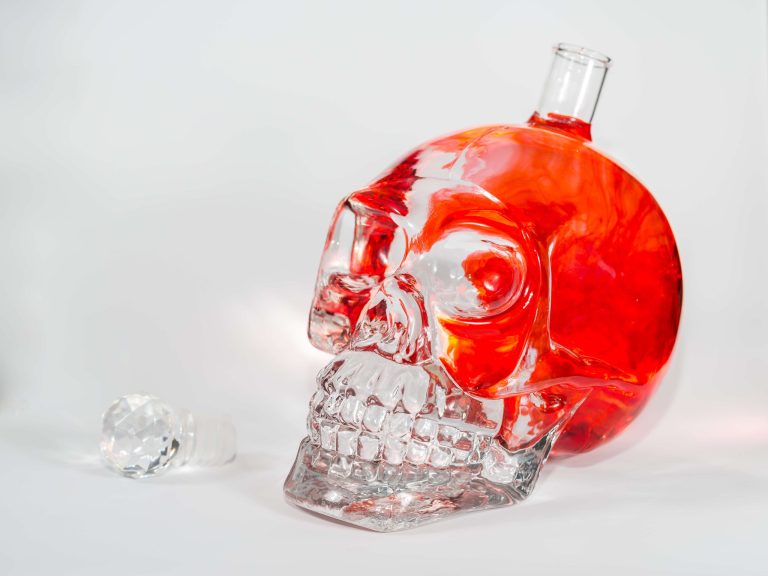Some people, like you, say they’re sneezing.” The cause of all this trouble? It’s called chloramine and it’s used to disinfect water all around the country. Drinking alcohol to excess can lead to a host of hangover symptoms, including throwing up. Well, excess of histamine eventually makes you more prone to falling ill.
- Incomplete absorption of alcohol by the body could be one reason why you get stuffy nose on drinking alcohol.
- For a mild intolerance to alcohol, you don’t need to see a healthcare professional.
- So, Pepcid may prevent alcohol flush reaction, but it’s a risky strategy.
- Symptoms of this type of reaction may include headaches, skin rash and nausea.
- For example, red wine contains a much higher percentage of histamines when compared to white varieties, so choose wisely if wine sneezes are known to put a damper on your evening.
Can the sneezing reaction worsen over time?
- To reduce the risk of unpleasant reactions, it is important to be aware of any potential triggers and take steps to avoid them.
- Some people are even allergic to alcohol itself and can experience symptoms ranging from stomach cramps to hives.
- It could also be that alcohol has a natural side effect to make people congested.
- Of all alcoholic beverages, red wines usually have the highest histamine content.
When alcohol comes alcohol sneezing into contact with the mucous membranes in the mouth and throat, it can trigger a response that leads to sneezing. This is because alcohol can weaken your immune system, making you more susceptible to allergens. Additionally, alcoholic beverages contain histamines and sulfites, which can trigger allergic reactions, including hives, rashes, and flare-ups of eczema.
What Type of Beer Is Natural Light?
Alcohol causes an increased permeability in cells, making it easier for undigested particles to enter the bloodstream and causing inflammation. There is no conclusive evidence to suggest that alcohol-induced sneezing is inherited. It appears to be a unique reaction experienced by individuals based on their own sensitivities. However, if you notice an escalation in symptoms or the development of new respiratory issues, it is advisable to consult a medical professional. While beer is not a common irritant, several factors related to its consumption may contribute to sneezing in certain individuals. Understanding these factors can help identify the cause and address the issue effectively.

Why do I keep sneezing while drinking? Explaining Gustatory Rhinitis and Other Triggers

Researchers are exploring the complex relationship https://ecosoberhouse.com/ between alcohol and allergic reactions. Hot drinks like coffee, tea, or broth can stimulate nerve endings in the nasal passages due to the heat. Similarly, some individuals report sneezing after drinking very cold water or other chilled beverages.
- When you take a sip of alcohol, your body triggers a reaction in which your blood vessels widen and blood flow increases.
- Even those who only deal with nasal congestion from alcohol can benefit from Sunset’s ingredients.
Those with existing heart conditions will also need to be careful before you drink alcohol in case alcohol intolerance could exacerbate their pre-existing conditions. Ultimately, mixing Pepcid and alcohol so that you can drink more only worsens the problem. However, this term is both potentially offensive and not entirely accurate.
Is there a way to differentiate between alcohol-induced sneezing and allergic rhinitis?

People who lack certain enzymes in their bodies marijuana addiction often get troubled by these problems. But not many people realize that there are many ingredients, additives, and preservatives within alcoholic beverages that can cause negative side effects. In some people, these reactions look like allergy symptoms even though they don’t have a true allergy to alcohol. If you frequently experience sneezing after drinking alcohol, identifying triggers like specific types of alcohol or allergens can help you avoid or minimize this reaction.
If you find yourself sneezing specifically after drinking alcoholic beverages, the cause is often different and more complex. It can involve sensitivities to specific components in the drink or a wider intolerance to alcohol itself. The fermentation and ageing process of making wine directly produces histamines, the chemicals your body makes in response to allergy triggers. This leads to allergy symptoms like a runny nose, stuffy sinuses, and sneezing. If your body is suddenly rejecting alcohol, it could be due to alcohol intolerance, a reduction in enzyme production, an underlying health issue, or medication interactions.
